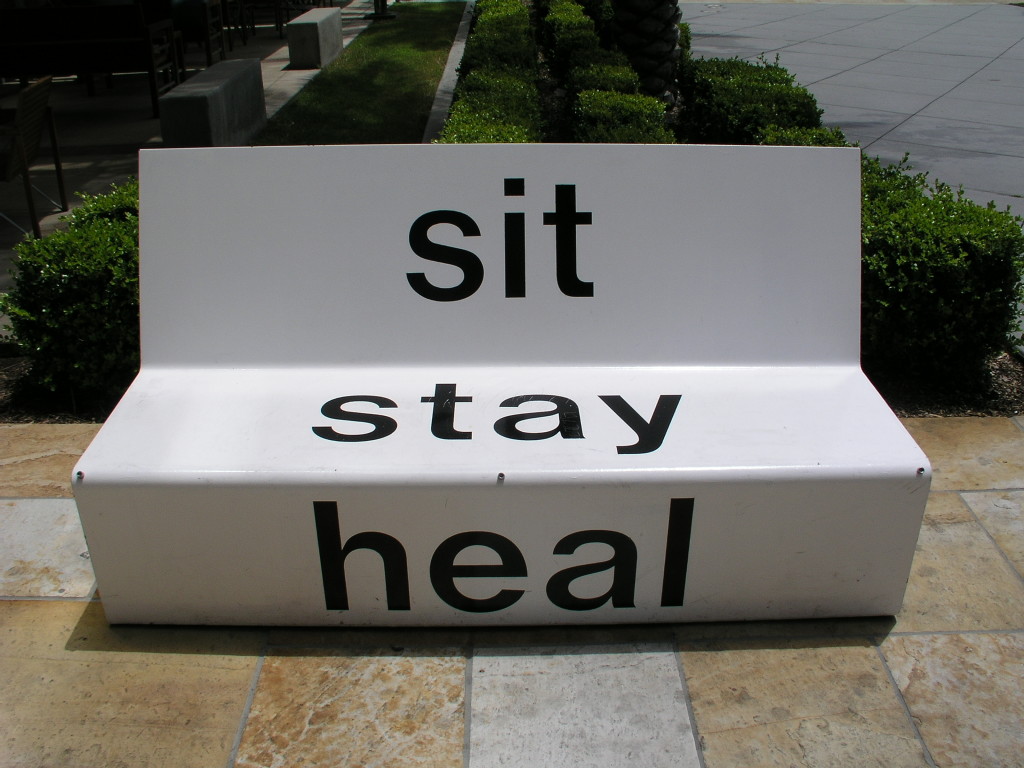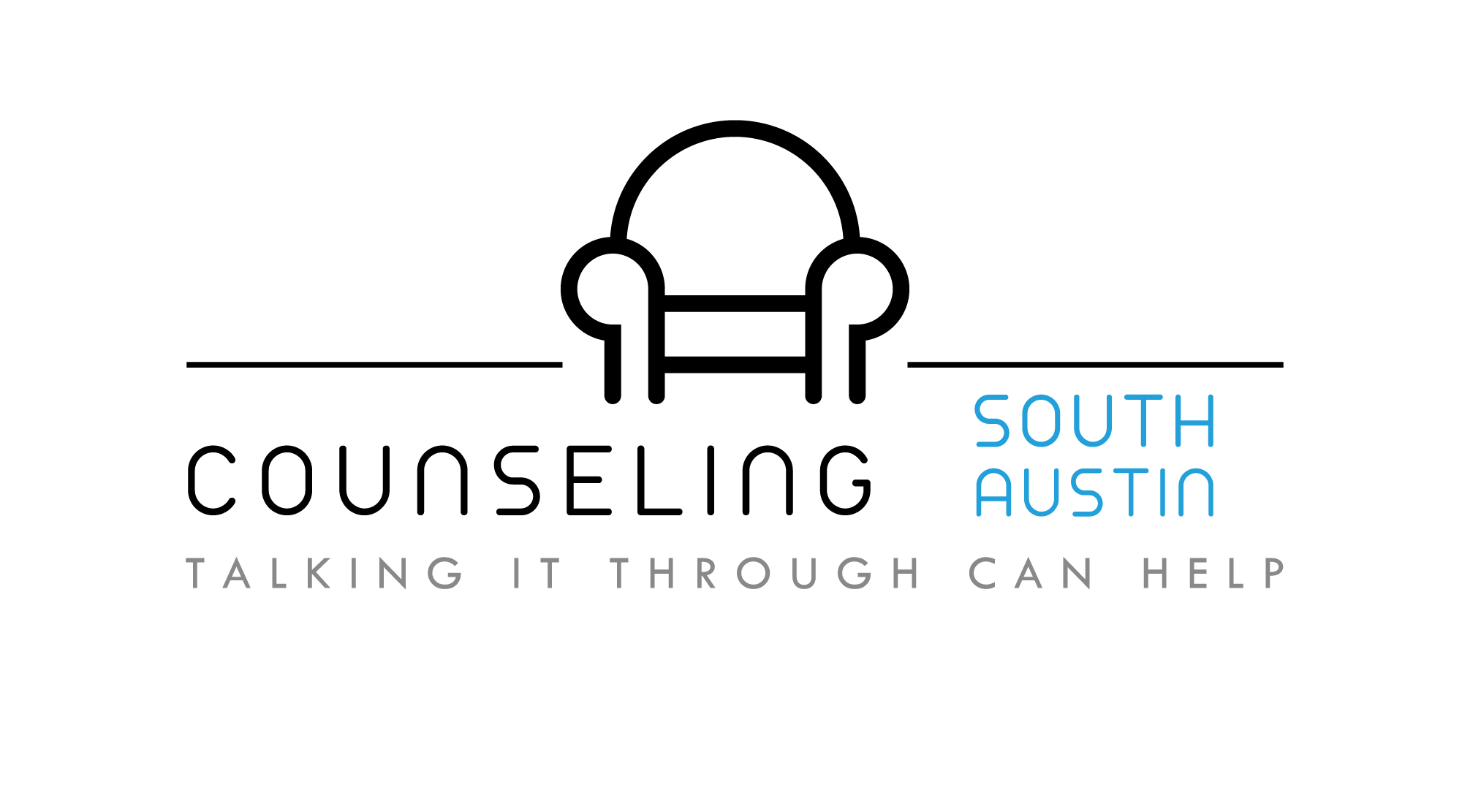Today’s post is by Brandie Conrad, a former Licensed Professional Counselor Intern (LPC-Intern) at Counseling South Austin. She enjoys working with people from all walks of life, while her areas of special focus are self-esteem, codependency, and personal growth. You can contact her for a free 30 minute consultation here.
Therapy can seem like a bit of an enigma from the various myths and misconceptions that people have about it.
While therapy may not be able to fix all the issues in your life or make a bad situation go away, it can help you heal and learn more constructive ways to deal with the problems or issues within your life.
But, how can you get the most out of therapy?
Here are some things you can do to improve your chances for getting better results from therapy:
Choose Your Therapist Carefully
Research shows that the key factor to success in therapy is the quality of the relationship between you and your therapist. So when picking a therapist it is important that you feel comfortable talking with them, in order to establish a good working relationship (referred to as the “therapeutic alliance”).
If you’re looking for some tips, check out this post on finding the right therapist for you.
Define Your Goals
At the onset of treatment, you and your therapist should established goals related to the specific changes that you would like to make in your life. Having a clear understanding of your goals will give you a way to track your progress and help you stay motivated.
View Therapy as a Collaboration
Therapy is an interactive process. It is most effective when you take an active role in your sessions, share in the decision making, and set goals and measure progress as a team. Don’t hesitate to express your needs, ideas, values, questions, and plans with your therapists.
Be Honest
Success in therapy depends on your willingness to be honest and share your thoughts, feelings, and experiences. Reveal the most authentic version of yourself and voice any concerns or fears you have with your therapist.
Be Willing to Be Vulnerable
Many people who come to therapy are afraid to let their guard down. To get the most out of therapy you must be willing to be vulnerable. A therapist can do very little for you if you aren’t willing to establish trust and be open with them.
Attend Regularly
For therapy to be helpful it is essential for you to attend your sessions regularly. It’s similar to taking medication, if you miss doses it just doesn’t work as well. The days when don’t feel like going to your therapy session, are probably the days you could benefit from it the most.
Be Open to Change and Trust the Process
Therapy is most successful when you make the decision to go on your own and you have a strong desire to change. Change means modifying those things in your life that aren’t working anymore, or are contributing to your issues. Oftentimes, therapy entails challenging your beliefs about yourself and life. Therefore, it’s important to be open to new ideas and ways of doing things. Change is hard and it will likely cause some feelings of discomfort but therapy provides an opportunity to do so in a safe and supportive environment.
Do Work Outside of Sessions
Just attending therapy sessions is not enough to promote real change. In order to make the most of therapy, you have to hold yourself accountable to take the work you are doing in session and apply it to your everyday life. Like so many other things, when it comes to therapy you ‘get what you give’.
Don’t Expect Instant Results
Therapy is not typically a quick fix, which is why it’s referred to as a process. Working on emotional issues takes time and can be painful. It’s not uncommon to feel worse during the initial stages of therapy, before you start to feel better. Many people enter therapy with one perceived issue. But after exploring this for a few sessions, they soon realize they’ve opened a can of worms which can lead to feeling overwhelmed.
Stick It Out
So why should you continue to go to therapy, even if it’s making you feel worse? Because while you may experience more pain in the beginning, this process is necessary to cultivate awareness, understanding, and acceptance in order to achieve personal growth and change. Therapy can help you discover who you are, understand why you think and feel the way you do, and empower you to take the steps to live the life you deserve.
